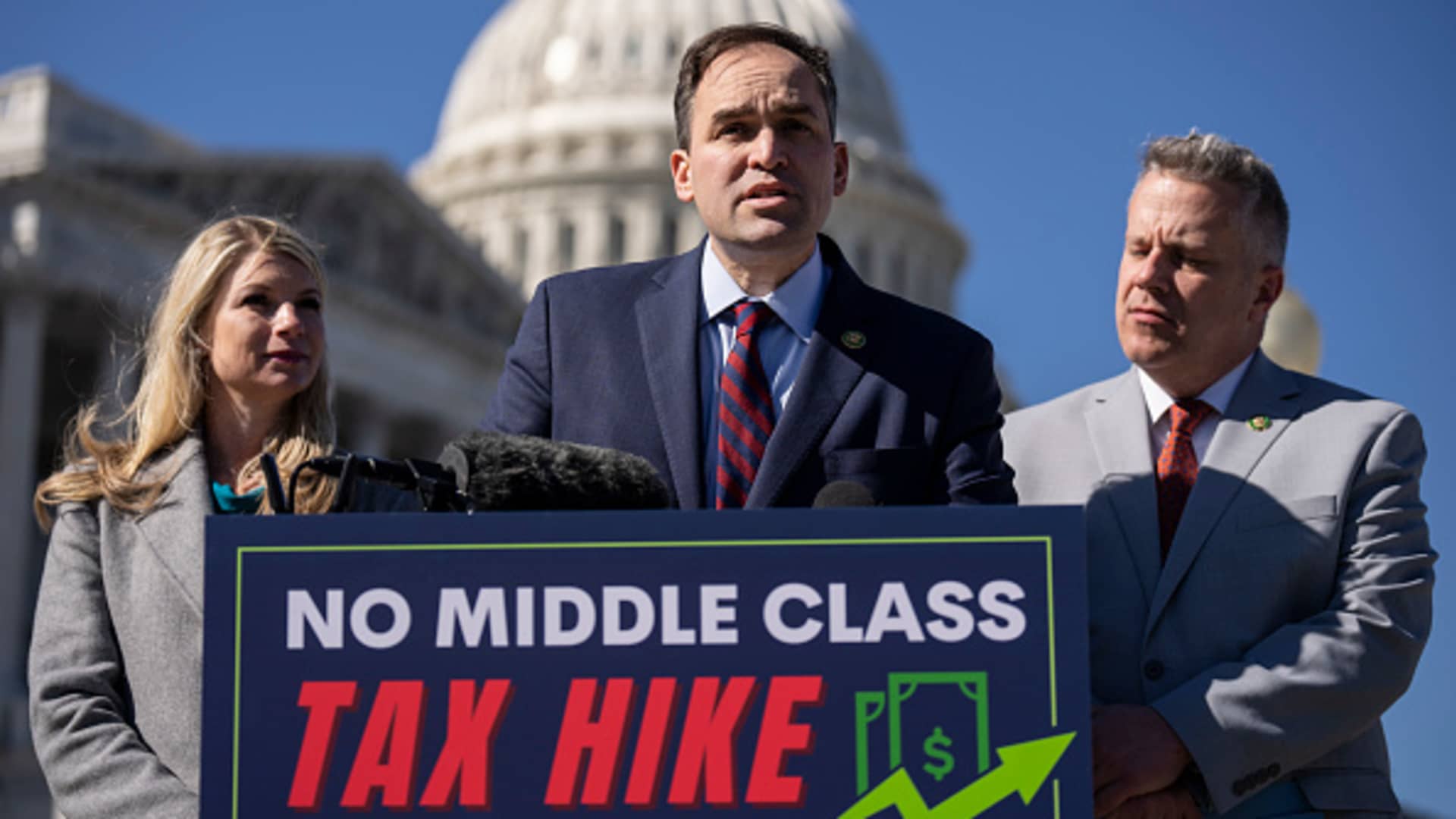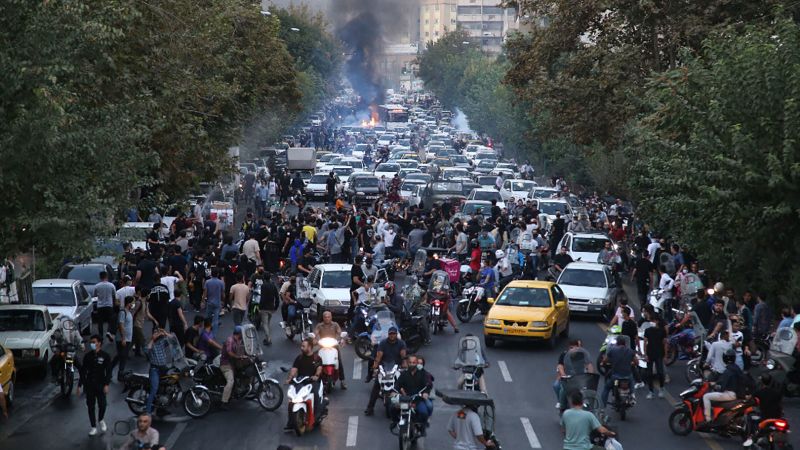Pakistan Debates Musharraf Plan on Kashmir
Musharraf used a public address to local media Monday night to present a three-stage formula for ending the 57-year dispute with India over Kashmir that would result in a “change of status” for the Himalayan state.
“Change in status could be independent status, condominium which includes joint control, it can be UN mandate also,” he said.
“We’ll have to sit down with legal experts who can give their opinion on what other status are possible, I don’t know.”
Pakistan’s long-held position over Kashmir has been that its people should vote in a plebiscite to decide which nation the state should join.
But Musharraf stated that a plebiscite was not acceptable to India and therefore other options must now be explored, reported Agence France-Presse (AFP).
Controversy
His comments dominated the front pages of newspapers, led television news bulletins and provoked a mixed reaction that ranged from applause and uncertainty to calls for jihad, or holy war.
Muttahida Majlis-e-Amal (MMA), the powerful Islamic alliance that is one of two major opposition groups in the federal parliament, immediately rejected the proposals.
“Its a U-turn, a rollback to Pakistan’s policy on Kashmir since its independence,” MMA vice president Hafiz Hussain Ahmed told AFP.
An activist from the outlawed Jaish-e-Mohammad militant group said: “For us nothing short of jihad (holy war) on Kashmir is acceptable”.
Veteran Kashmiri leader Amanullah Khan welcomed the prospect of independence but rejected the notion of joint Pakistani-Indian control.
“The good aspect is that for the first time independence of Kashmir has been mentioned as one of several options,” said Khan, the leader of the Jammu and Kashmir Liberation Front.
The Indian government was yet to react to Musharraf’s comments.
New Options
In what appears to be its new non-negotiable position, Musharraf said the one thing that was not acceptable to Pakistan was making the Line of Control that divides Kashmir into Pakistani and Indian zones a permanent border.
“I’m allergic to this and the Indians know that,” he said. “A plebiscite is not acceptable to India and making Line of Control a permanent border is not acceptable to Pakistan.”
Calling for the nation to debate his options before Pakistan presents a new position to India, Musharraf said the process should start with determining the religious and ethnic make-up of the seven regions of Kashmir.
Demilitarizing all or some of these regions could follow, followed by changing their status.
“So there is some solution, identify regions, demilitarize, change status. The whole debate on options will be based on this,” he said.
The dispute over Kashmir has been the cause of two of the three wars between Muslim Pakistan and mainly Hindu India since their independence from Britain in 1947.
Tensions over Kashmir sent the nuclear-armed nations to the brink of war again in 2002, when about one million troops from both sides massed along their borders.
The then-Indian prime minister Atal Bahari Vajpayee kick started the new peace process in April last year when he offered a symbolic “hand of friendship” to Pakistan in a speech while visiting Kashmir.
Musharraf said Monday dramatic progress had been made since then, particularly when he met Vajpayee’s successor Manmohan Singh on the sidelines of the UN General Assembly in New York last month.
“I strongly believe there are options and there is a solution,” he said. “For the first time we see light at the end of the tunnel.”
Musharraf said his proposals were “food for thought” for Pakistan.
“I have never spoken like this before to anyone. I will request you to debate on these lines,” he said.



